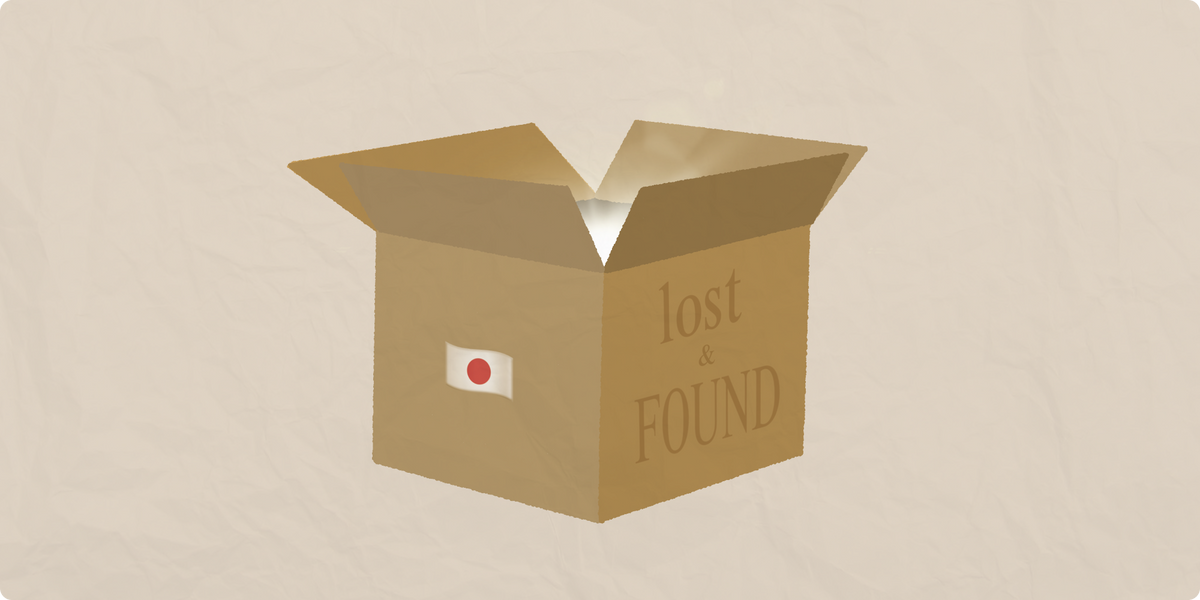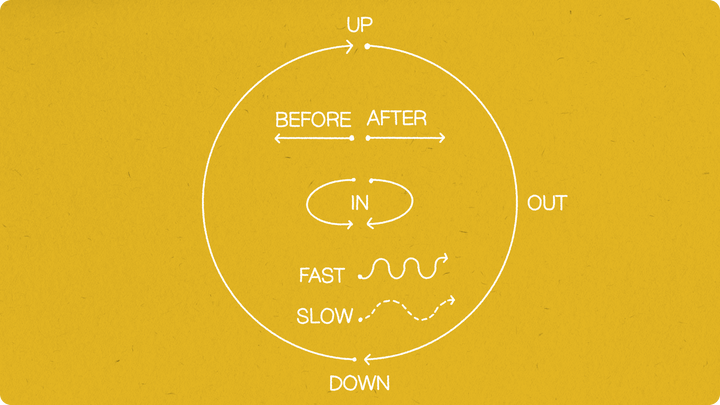All Is Not Lost
What the West Can Learn From Japan’s Societal Eye

There's a very special thing that happens every day, in Japan, where the whole population works together to get people their lost items back. And not just any items, people bring everything from highly replaceable umbrellas to full-on stacks of cash —$34M in 2019, for that matter— to the police station. The BBC did a short video about it.
Japan is super strong on this idea of the "societal eye" (hitonome). How even when no one's watching, you ought to do good by your fellow citizens. People feel a sense of responsibility even without the police being around. It's no longer a question of respect for authority, they just care about how other people perceive their behaviour.
Now the first thing to notice here is just how unfathomably far from Western behaviour this all sits. In our game of 'every man for himself', 'dog eat dog', 'self-made man' and with narratives like 'finders keepers' that we perpetuate since childhood, lost and found centers feel like something out of a movie.
Then, there's the surprising investment the government is making in that matter. Objects take space, and the lost and found centers see a lot of objects come and go (600,000 objects currently in the Tokyo center). These are straight up warehouses, in every city, that the governments dedicates to this principle. And then there's the cost of staff and electronic systems that come with it.
You get 3 months to claim your lost item and then, you'd think the city would get rid of it? They actually sell it at auction, so they probably end up making some profit with the whole operation and it allows for people to attend lost and found auctions and get stuff for cheap, similarly to a thrift store I'd assume.
Another key here is that the highly efficient system makes it easy for anyone to report a lost item. If I were to go to my local police station with a lost umbrella, I'd get kicked out for wasting their time. But healthy cities are all about what's being made the easy choice.
Each and every day in Amsterdam—a city of 850,000 residents—half a million people hop on their bicycles and collectively ride over two million kilometres; that’s 50 times around the earth!
— Melissa & Chris Bruntlett (@modacitylife) April 23, 2021
Not because they think it’s the right choice. But because it’s been made the easy choice. pic.twitter.com/039rDUTZtc
Also, it bears mentioning that Japan has had a law for lost property for over 1,000 years. When a country has such deeply rooted traditions, it's hard to compare our baby North American framings of the same matters. At this point, it's a question of education and values which are notably hard to unlearn and relearn.



